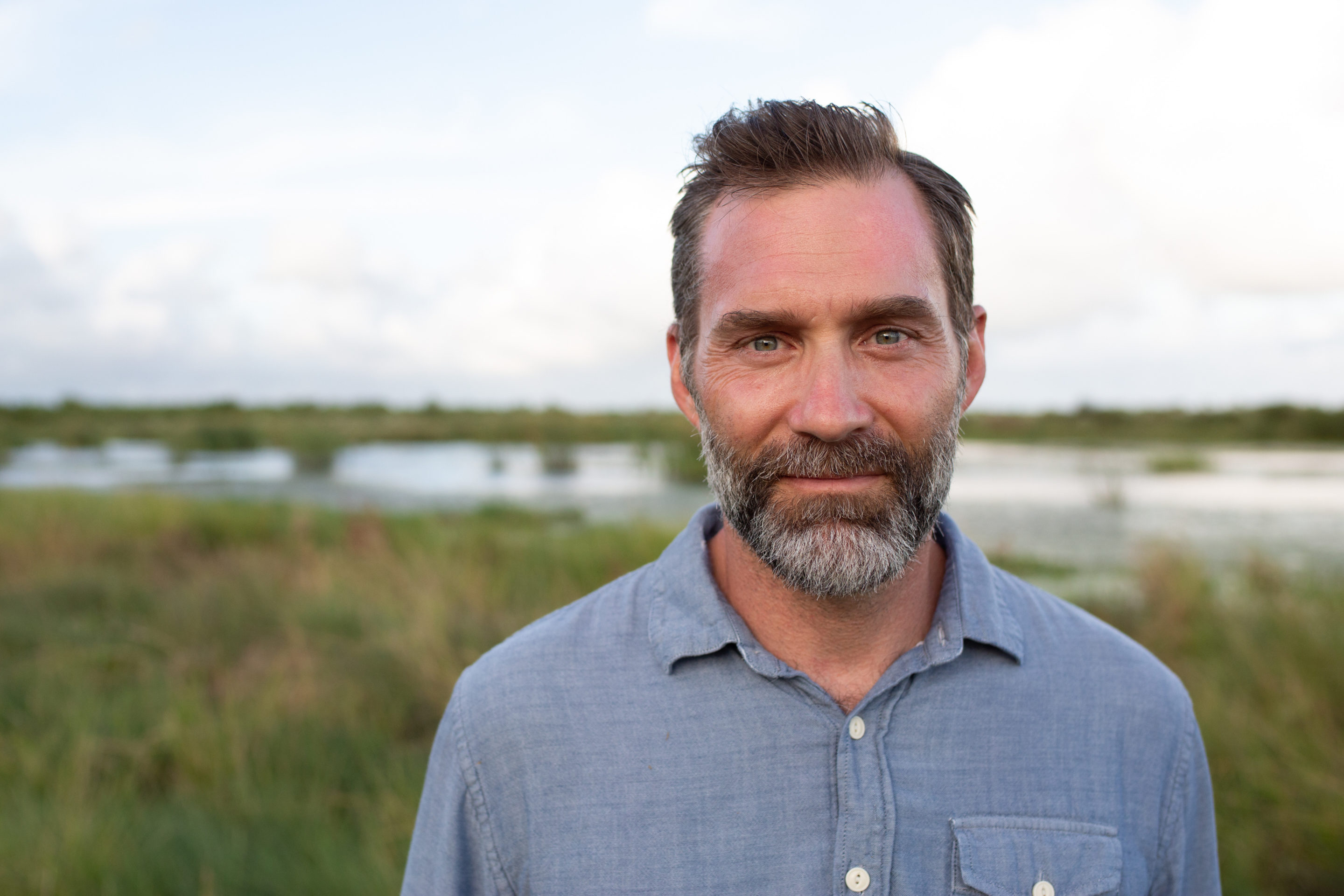Since 2015, the title of Texas Land Commissioner has belonged to George P. Bush — an heir to one of the state’s most prominent political legacies. But that won’t be the case come next November. With Bush joining the crowd of candidates seeking to vanquish the perma-indicted Ken Paxton as attorney general, the race to replace him as land commissioner looks to be wide open. And if things shake out for Democrats, they could have a leading candidate of their own with a Texas-sized legacy and a compelling personal story.
That candidate is Jay Kleberg. If you don’t recognize his name, chances are you’re familiar with the King Ranch — the famed South Texas property that, at more than 800,00 acres, is one of the largest of its kind in America. Growing up around ranch hands and working cattle on the massive expanse instilled in Kleberg a deep appreciation for his home state’s natural beauty. It also fueled his rise as one of Texas’ leading land conservationists.
In recent years, Kleberg has served as the associate director of the Texas Parks and Wildlife Foundation, the nonprofit partner of the Texas Parks and Wildlife Department. He’s also played an integral role in a series of wildlife films over the years. Most notably, in “The River and The Wall,” he and four others traversed the entirety of the Texas-Mexico border to document the dangers and wastefulness of building a border wall. His latest project is titled “Deep in the Heart,” a Texas-centric “Planet Earth”-like film that will be narrated by Matthew McConaughey and directed by Ben Masters.
During a recent interview with the Signal, Kleberg said that his deep connection with rural Texas and passion for conservation makes him the right person to lead the state’s General Land Office (GLO). Among other things, the agency is responsible for managing the government’s 13 million actors of public lands and mineral rights, overseeing natural disaster recovery efforts, and maintaining the Alamo’s operations. Texans deserve a land commissioner with an intimate understanding and fiery commitment to their most precious natural resources, Kleberg said. For that to happen, they need someone who’s focused on fighting climate change.
For more from the Signal’s conversation with Kleberg, continue reading below.
You’re well-known for your conservation efforts. Why run for statewide office now?
The thought first crossed my mind about 10 years ago. I’d been so focused on the wildlife foundation and conservation-related work around the state that I didn’t have much of a time window to pursue it. But as I’ve crisscrossed Texas not just for that work, but also with “The River and the Wall” and now “Deep in the Heart,” I realized I couldn’t stand pat any longer. We have so many beautiful, vital landscapes in our state, but we’re also facing some real challenges. From the Davis mountains to the Palo Pinto mountains to even 100 miles off the coast in Flower Gardens National Marine Sanctuary, we’re seeing that climate change is real. It’s here now. Between the freeze and flooding and drought, we can’t waste any more time. We’ve got to take action. There’s no time to lose.
How has your experience with King Ranch prepared you for this race?
I started working cattle when I was five. I was around people who cared about the health of our lands and had dedicated their lives to it. They didn’t call it conservation back then, but they were sustainably managing land. They understood that our individual freedoms don’t negate our responsibility to one another and our environment. And so, working alongside folks in the agricultural community ingrained in me that, whether we like it or not, we as human beings are responsible for all the things that we love most about Texas. Being around not only cowboys, but also wildlife biologists and wildlife filmmakers, has shown me how universal that idea is. I can’t think of anything that shows more Texas pride than protecting and stewarding our state’s beauty for generations to come. And you can’t do that without acknowledging and addressing the mounting challenges posed to us by climate change.
You live in Austin now. How important is it for you to bring rural residents and urban communities together for this campaign?
Very, very important. But, again, that’s where my personal experience comes into play. I grew up on the ranch and went to school with all the children from that community. I’ve worked with the Parks and WIldlife Foundation, which requires connecting with people who are advocates for hunting and fishing and conservation. And, of course, I live in Austin now. There’s a broad spectrum of opinions and differing views between those varying groups of people, but I’ve found that we all have so much to agree on, to rally around together. The land commissioner needs to be a conduit between rural and urban and conservation and the economy.
The Texas Land Commissioner is also tasked with overseeing investments in public education, handling benefits for veterans, and more. How would you tackle such a broad array of responsibilities?
It’s all connected. To start, we have to make sure that Texas is the leader in energy and all things energy. That means we need an all-hands-on deck, expansive approach that looks at options like geothermal, wind, offshore wind, and solar energy sources. The state’s financial energy portfolio should be as diverse as the public education system that it helps fund. That, of course, bleeds into climate change and natural disasters. When it comes to disaster relief, the severe hurricanes and, obviously, February’s freeze, have shown us that we’ve got to do better to protect our communities, our neighborhoods, our people, our ports, and our military bases. Environmental disaster relief efforts have to be a key priority for the next land commissioner.
But another thing that I’m incredibly passionate about — and something that I think is being overlooked in this race — is how this particular office is charged with caring for Texas veterans. The current GLO’s choice to not focus on science has been especially damaging to veterans during the pandemic: The veterans homes operated by the GLO have had double the rate of deaths due to COVID-19. That’s truly unfortunate. And it’s avoidable. We need someone in office who is focused on science, who is passionate about all of the responsibilities at hand.





